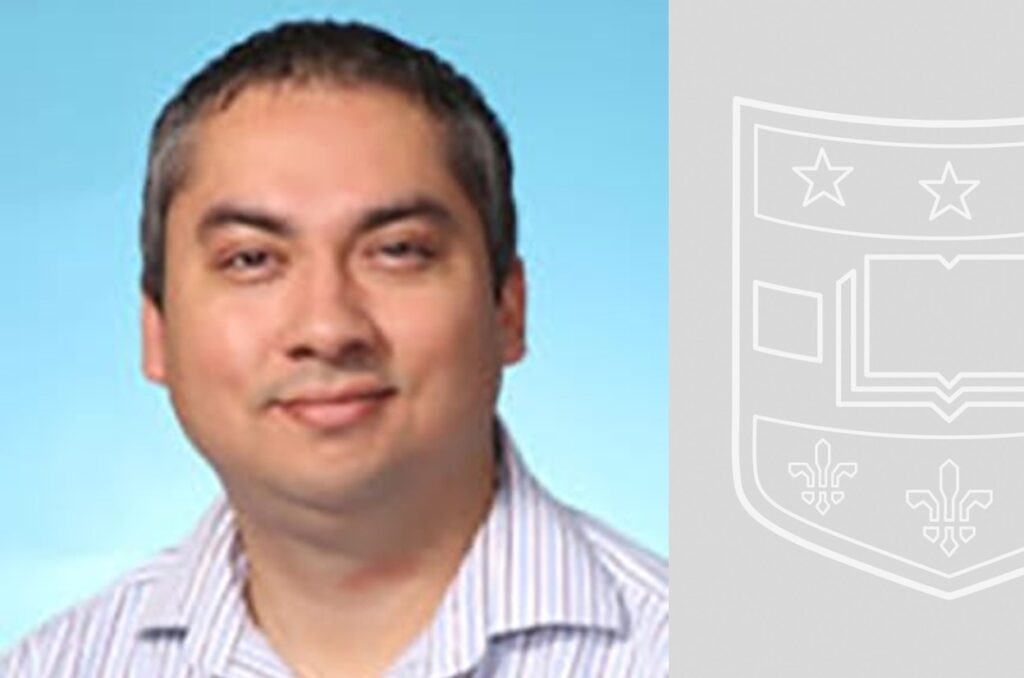Dr. Jesus Jimenez is a physician scientist committed to the understanding of immune processes underlying cardiac injury from cancer immunotherapies in an effort to develop innovative and preventative treatments. His basic science and clinical training reflect his commitment to identify and address clinically and scientifically relevant questions to improve the care of cardio-oncology patients. His research aspirations began as an undergraduate in 2001, investigating cancer biology at the University of California San Diego (UCSD). As he developed his scientific interests, he joined Dr. H. Kirk Hammond’s laboratory, whose passion as a cardiologist to treat end-stage heart failure patients through gene therapy bolstered his excitement in cardiovascular science. He was fortunate to be able to join the Medical Scientist Training Program at the Albert Einstein College of Medicine where he worked in the laboratory of another cardiologist, Dr. Jil Tardiff. His thesis dissertation contributed to defining protein-protein interactions in cardiac sarcomere mutations related to familial hypertrophic cardiomyopathy. To continue his clinical and scientific training, he joined the Physician Scientist Training Program at the Washington University School of Medicine in St. Louis. Having completed his internal medicine residency and cardiovascular fellowship, with board certifications in both, he completed additional training in cardio-oncology. He joined the laboratory of Dr. Stacey Rentschler as a postdoctoral research fellow where he investigated transcriptional and epigenetic regulation of cardiac electrophysiology and contributed to identifying chamber-specific transcriptional signature in atrial cardiomyocytes from patients with heart failure and atrial fibrillation.
To better align his clinical and research interests, Dr. Jimenez pursued a second postdoc in the laboratory of Dr. Kory Lavine to acquire foundational knowledge and methodologies in macrophage biology and cardiac immunology. Since joining the Lavine lab, he has begun to investigate mechanisms of adverse cardiac events following treatment with immune checkpoint regulators such as CD40 agonists, which have emerged as promising candidates in previously untreatable tumors. Within these next 5 years, he hopes to attain a mentored clinical scientist training award (K08) to expand on his early observations and test the hypothesis that CD40 signaling alters the immune landscape of the heart, priming the inflammatory response to myocardial injury. He will investigate the immune cell target(s) of CD40 signaling, the key regulators and mechanism of signaling, and the effect the inflammatory response has on cardiac remodeling. The findings that are uncovered and the expertise that is gained from the combination of his research and career plans will provide the critical foundation to structure a future R01 proposal focused on defining mechanisms of myocardial injury from cancer immunotherapies. Ultimately, this area of research will facilitate the development of targeted therapeutic strategies against adverse cardiac events beyond current approaches. His key interests are cardio-oncology, immunotherapy cardiotoxicity, cancer-associated cardiovascular disease His research areas are understanding immunological mechanisms that underlie immunotherapy-associated adverse cardiac events.
